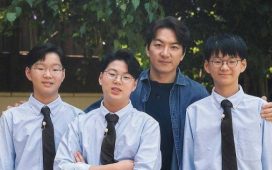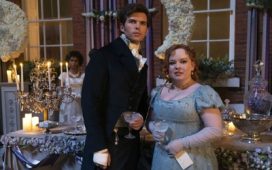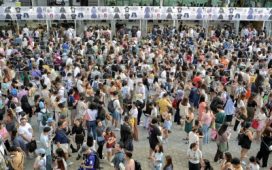Steven Berkoff’s 1988 revival at London’s Wyndham’s Theatre of his own play Greek (1980), a reworking of Sophocles’ Oedipus Rex updated to contemporary London, presented a confrontational, stylised, deconstructivist theatrical spectacle typical of the playwright, director and actor’s work.
Sean Curran, co-founder and co-artistic director of innovative Hong Kong theatre company Theatre du Pif, tells Richard Lord how it changed his life.
I was 23 and I’d been taking drama classes in Edinburgh, Scotland. My friend had been taking them and he said, “You should come along – it’s a good laugh.”
I’d never done any drama before. I was at college, studying to become a physical education teacher, after previously hoping to become a football player.
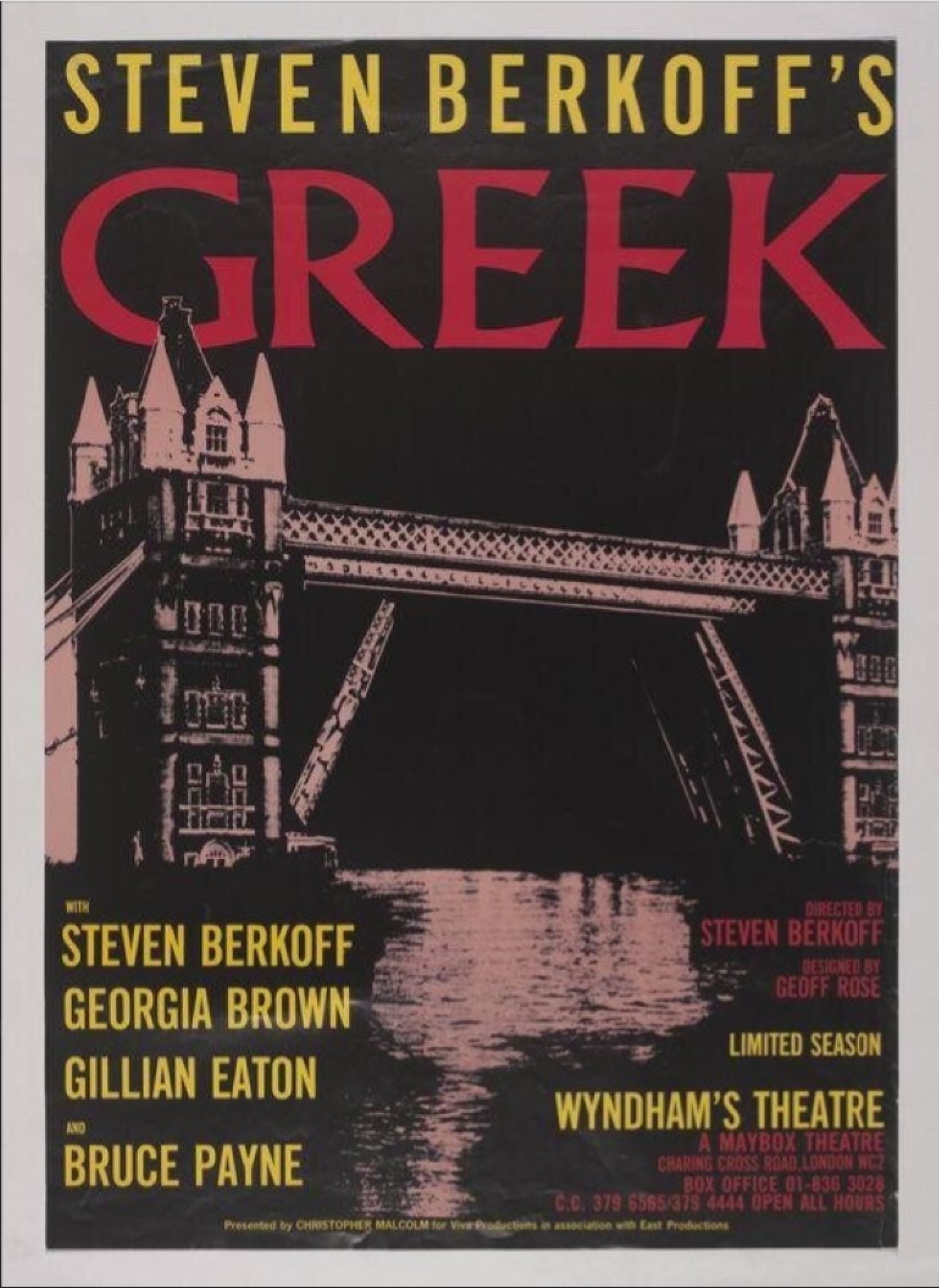
The woman who ran the drama course had studied with Berkoff in mime school in the 1960s. She knew I was going down to visit friends in London in the summer, and she said, “You should go and see one of Steven’s productions.”
My only experience of theatre had been pantomime, which was great, and at school, when they took us to the Lyceum (one of Edinburgh’s leading performance venues) to see Romeo and Juliet, I remember being bored and talking with my friends.
I went along to Wyndham’s Theatre not knowing what to expect, and it just kind of blew me away. I went into this very old theatre, and then it opened and there were just four actors on stage with a table and chairs – no set, no props.
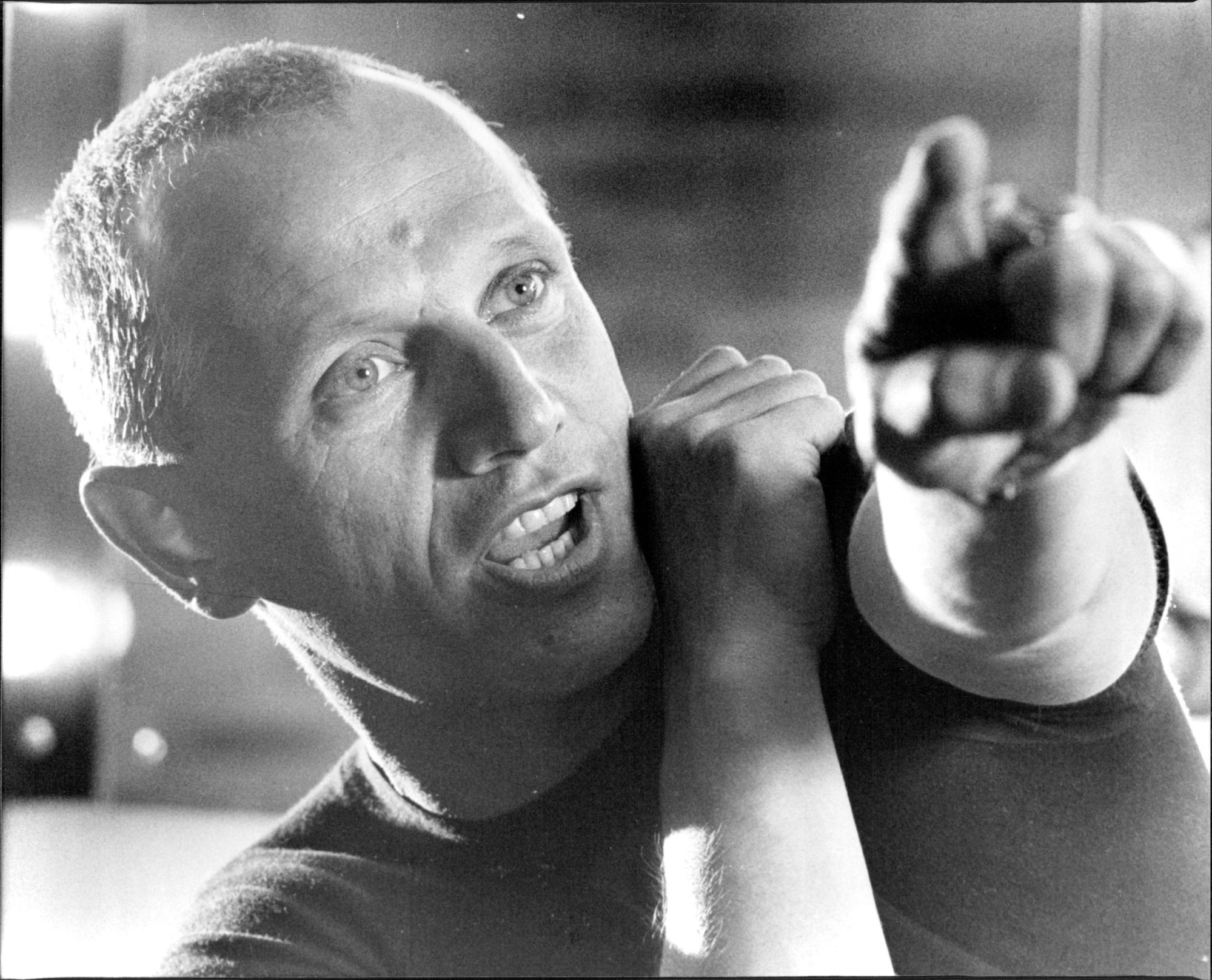
The play was so physical, violent, funny and sexy. The way Berkoff performed it, there was a real rapport between the actors and the audience.
And there was the language – he was writing in Cockney vernacular, but it was something I could immediately get.
It had such a big influence on my career. After seeing the play and having such a strong reaction to it, I wanted to find out more about Berkoff.
I discovered that he’d worked with a guy in Paris called Jacques Lecoq. I wanted to follow in his footsteps, so I applied to Lecoq’s school in Paris and spent two years there.
It then started to make sense to me, what I’d watched in the theatre. He taught people to be creators of their own work, not just wait for an agent to get it for them.
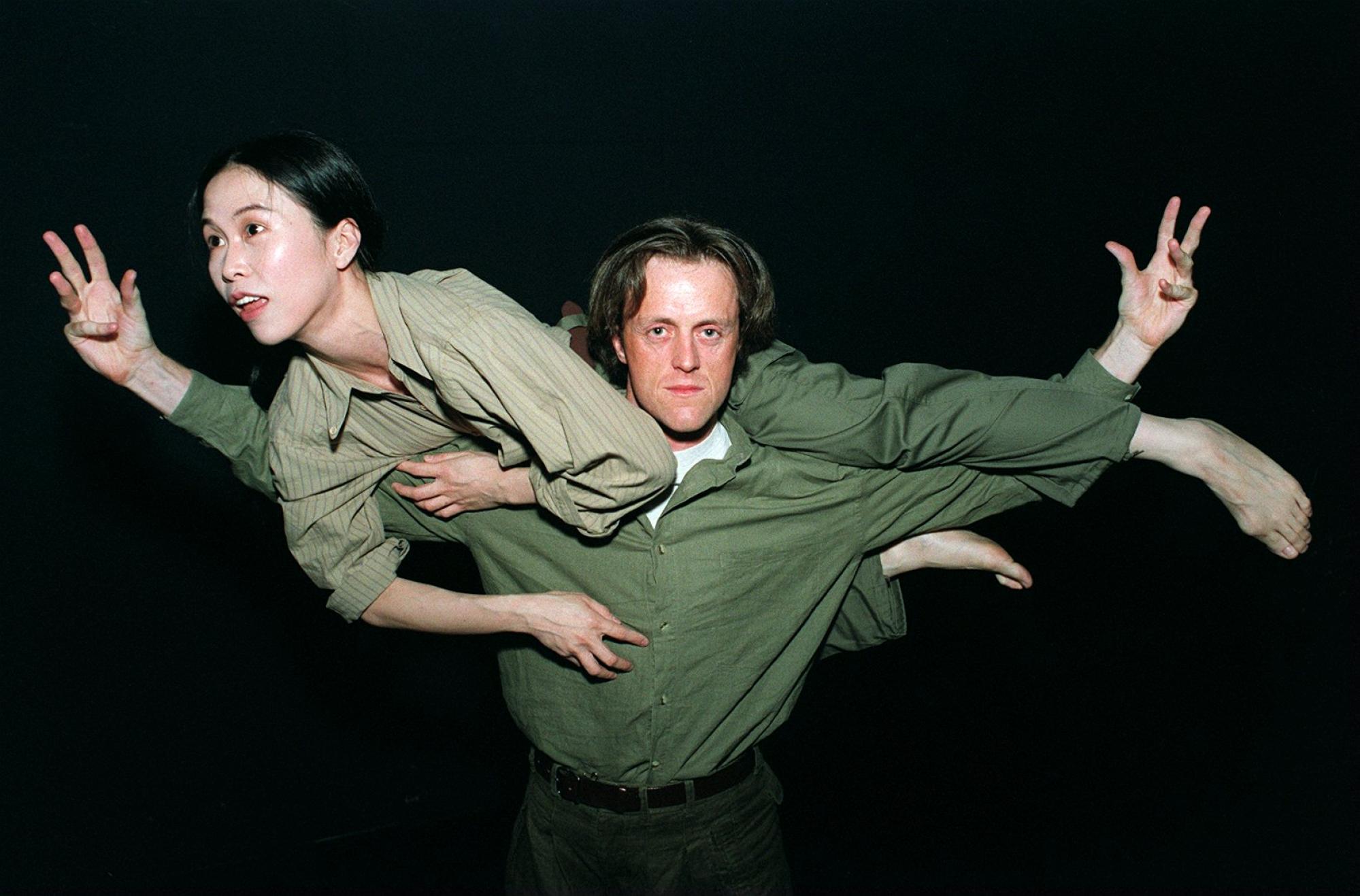
I realised that’s what Berkoff was doing. He was a struggling, jobbing actor, so he made his own work.
When I met Bonni (his professional and personal partner, Hongkonger Bonni Chan), we started doing something similar to Berkoff: write our own stuff.
One of the things that influenced me was the physicality of the performance – you could go in there not knowing English and still understand it.
We also had to find a language people could get even if they didn’t know much English.
Watching him set me on my own way. It really is a difficult profession, and I wouldn’t be in theatre any more if I hadn’t gone down that path: making the theatre you want to make rather than waiting for someone else to come along.

